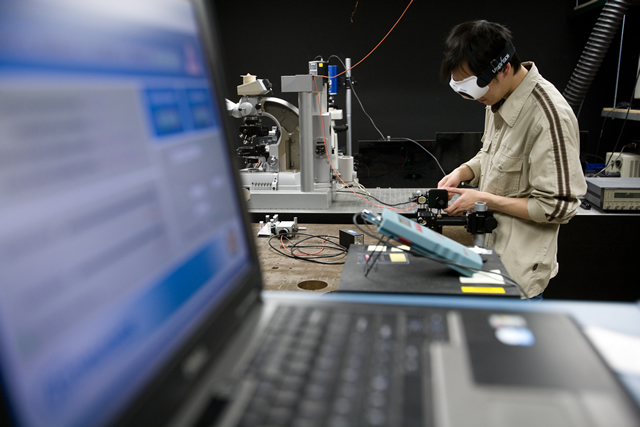
Computer Science ETDs
Publication Date
Fall 11-15-2023
Abstract
Humans can leverage domain context to recognize novel patterns and categories based on limited known examples. In contrast, computational learning methods are not adept at exploiting context and require sufficient labeled examples to achieve similar accuracy. Many temporal data domain, for example, seismic signals and oil mining sensor data, requires domain expert annotation, which is both costly and time-consuming. The dependency on training data limits the applicability of machine learning algorithms for domains with limited labeled data. This dissertation aims to address this gap by developing temporal mining algorithms that exploit domain context to learn discriminative feature representation from limited samples to achieve improved performance. In this dissertation, I present four domain-specific feature representation learning methods for three diverse domains: a pattern detection algorithm for oil and gas mining, two classification methods for seismic activity monitoring, and a prediction model for user behavior in social media. We show empirical evidence of performance improvement using real datasets. We demonstrate these methods' practical usability for multiple real-world applications.
Language
English
Keywords
Temporal Data, Deep Learning, Feature Representation, Few-shot Learning
Document Type
Dissertation
Degree Name
Computer Science
Level of Degree
Doctoral
Department Name
Department of Computer Science
First Committee Member (Chair)
Abdullah Mueen
Second Committee Member
Manel Martinez-Ramon
Third Committee Member
Trilce Estrada
Fourth Committee Member
Bruna Jacobson
Recommended Citation
Chowdhury, Farhan Asif. "Domain Specific Feature Representation Learning for Diverse Temporal Data." (2023). https://digitalrepository.unm.edu/cs_etds/119
